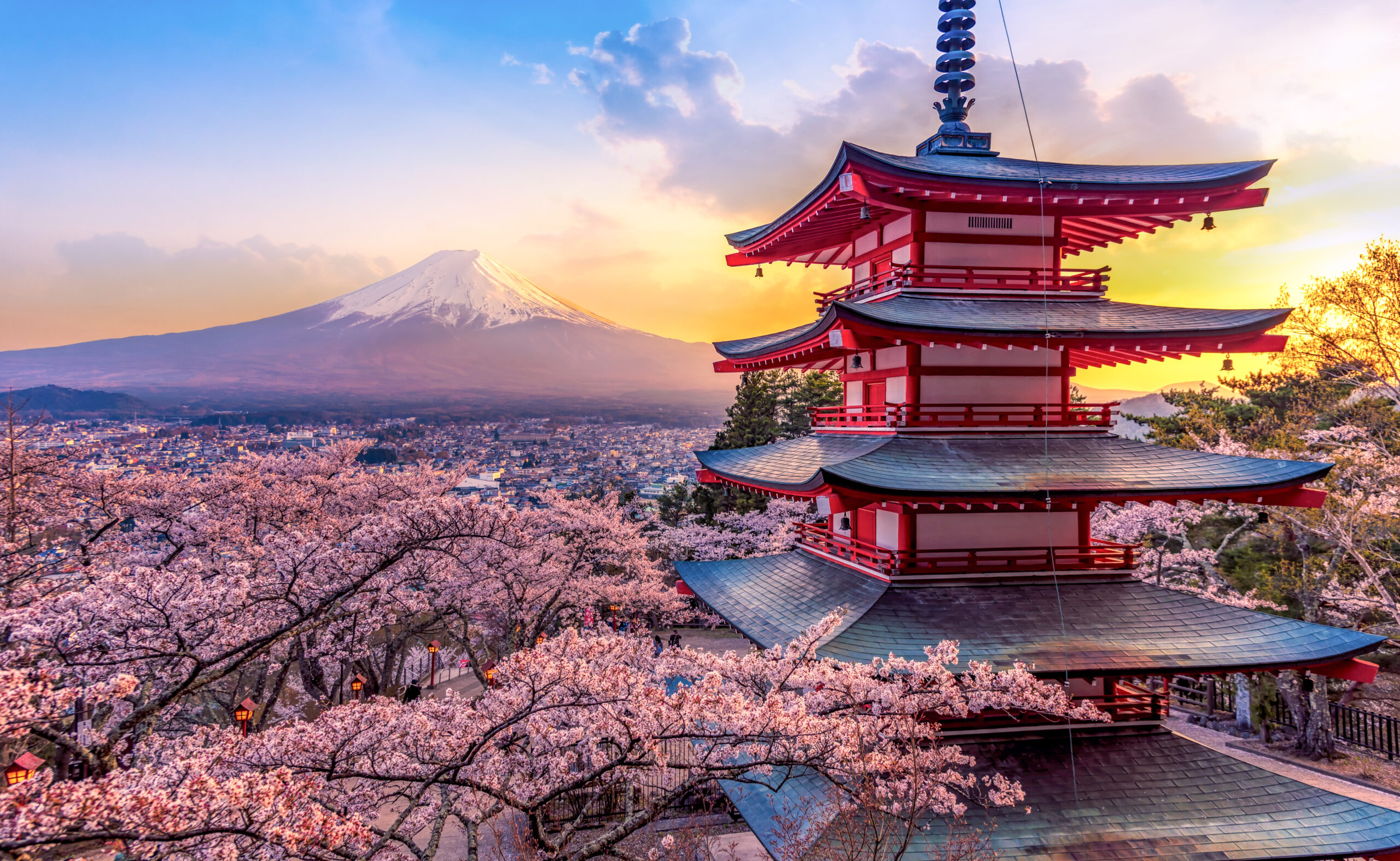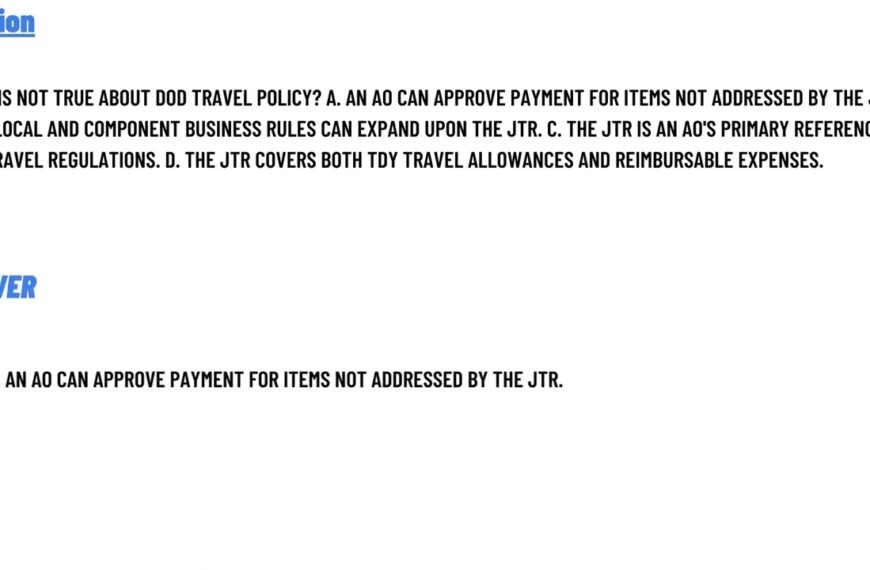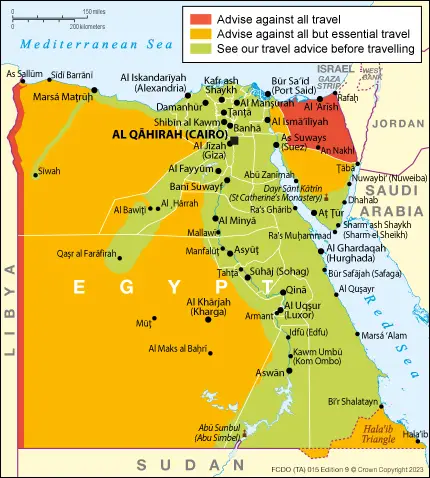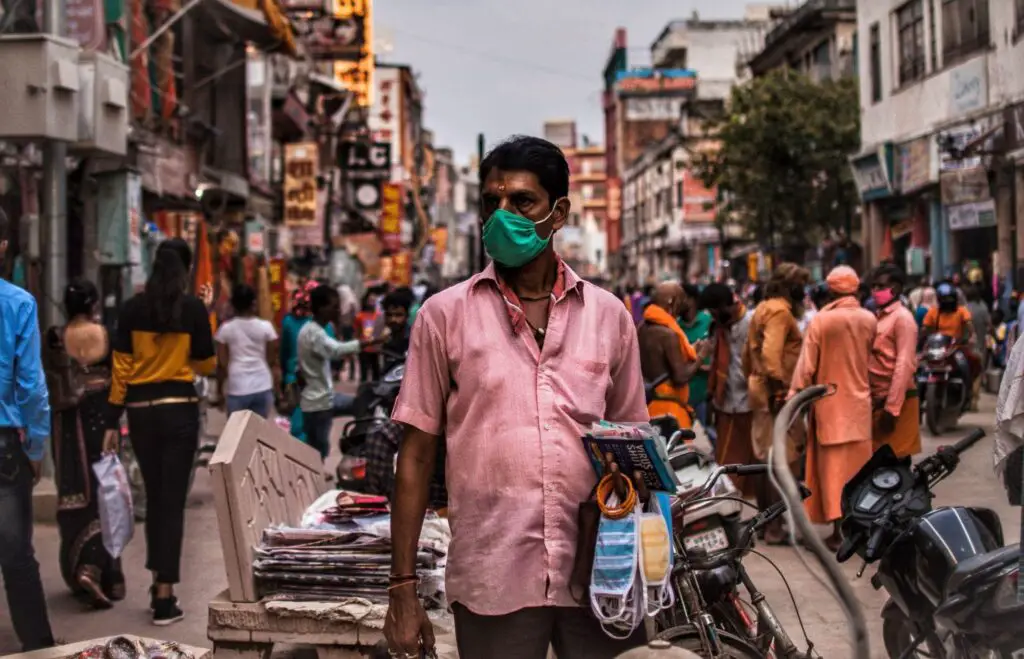Yes, it is safe to travel to Japan. The country has low crime rates and excellent public safety measures.
Japan is renowned for its safety and hospitality, making it a top destination for travelers. With a low crime rate and a high standard of cleanliness, visitors can explore the cities and countryside with peace of mind. The efficient public transportation system and strict adherence to rules ensure a smooth travel experience.
From the bustling streets of Tokyo to the serene temples of Kyoto, Japan offers a blend of traditional and modern attractions. Tourists can savor delicious cuisine, witness unique cultural practices, and enjoy stunning natural landscapes. Safety, convenience, and rich cultural heritage make Japan an ideal travel destination.
Safety In Japan: Current Perspective
Japan is famous for its rich culture, advanced technology, and hospitality. Many wonder if it is safe to travel to Japan. This section covers safety in Japan from a current perspective.
Crime Rates And Personal Safety
Japan has one of the lowest crime rates in the world. Violent crimes are rare. Most crimes are non-violent, like theft and fraud.
Police presence is strong. Officers are visible and approachable. They often help tourists with directions and information.
Public transportation is safe. Trains and buses run on time. Stations are well-lit and clean. Late-night travel is generally safe.
In restaurants and cafes, people often leave their belongings unattended. This shows a high level of trust and safety.
For personal safety, follow these tips:
- Stay aware of your surroundings.
- Avoid poorly lit areas at night.
- Keep your valuables secure.
Natural Disaster Preparedness
Japan is prone to natural disasters like earthquakes, tsunamis, and typhoons. The country is well-prepared for these events.
Buildings are designed to withstand earthquakes. Emergency drills are common. Schools and offices conduct regular safety drills.
Japan has an advanced warning system. Alerts are sent to phones and broadcasted on TV and radio. This helps people take immediate action.
Public places have emergency kits. These include water, food, and first-aid supplies. Evacuation routes are clearly marked.
For travelers, it is important to:
- Know the emergency exits in your accommodation.
- Keep an emergency kit handy.
- Follow local news for updates on weather conditions.
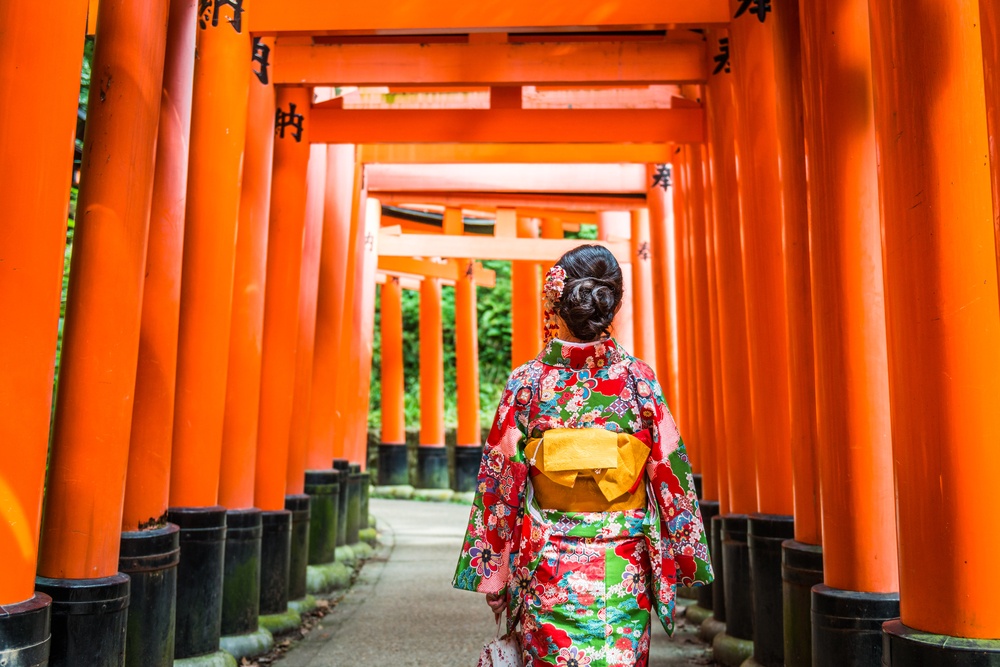
Credit: www.japanrailpassnow.com
Navigating Health Risks
Traveling to Japan is an exciting adventure. Yet, it’s crucial to navigate health risks effectively. Understanding the current health climate can ensure a safe and enjoyable trip. Let’s explore the key aspects of health safety in Japan.
Covid-19 Measures And Updates
Japan has implemented strict COVID-19 measures to protect both residents and visitors. These measures include:
- Mandatory mask-wearing in public places
- Social distancing protocols
- Regular sanitization of public areas
Japan’s government provides frequent updates on COVID-19. Travelers are advised to stay informed through official channels. Check the latest travel advisories before your trip. For an easy reference, here’s a quick overview:
| Measure | Description |
|---|---|
| Mask-Wearing | Mandatory in all public spaces |
| Social Distancing | Maintain a 2-meter distance |
| Sanitization | Regular cleaning of public areas |
Vaccination And Health Services
Japan boasts a robust healthcare system with high-quality services. Visitors can access medical care easily. Vaccination is a key component of Japan’s health strategy.
- COVID-19 Vaccination: Widely available and recommended
- Flu Vaccination: Suggested during flu season
- Routine Vaccinations: Ensure you’re up-to-date
Access to healthcare is straightforward. Hospitals and clinics are well-equipped and staffed by professionals. Many healthcare providers speak English, easing communication for travelers.
Before traveling, it’s wise to have travel insurance. This ensures coverage in case of unexpected health issues. Always carry your health documents and vaccination records.
Cultural Norms And Etiquette
Japan is known for its rich culture and strong sense of etiquette. Understanding these norms can help ensure a respectful and enjoyable trip. Respecting local customs is not just polite, but it also shows appreciation for the culture. Let’s dive into some key aspects to consider.
Respecting Local Customs
Respecting local customs is crucial in Japan. Simple gestures like bowing can show respect. Bowing is a common way to greet people. Always remove your shoes before entering someone’s home. This is a sign of respect and cleanliness.
Dos And Don’ts For Travelers
| Dos | Don’ts |
|---|---|
|
|
Remember these simple rules to show respect. Bowing is a key part of Japanese culture. When you meet someone, a slight bow can show respect. Removing shoes before entering a home is another important custom. This keeps the home clean and shows respect to the host.
Using both hands when giving or receiving something is polite. It shows that you value what you are giving or receiving. On the other hand, tipping is not common in Japan. It can even be seen as rude. Pointing with your finger is also considered impolite. Use your whole hand to gesture instead.
Lastly, keep your voice low in public places. Speaking loudly can disturb others. By following these simple dos and don’ts, you can enjoy your trip and show respect to the local culture.
Public Transportation Insights
Japan boasts one of the most efficient and safest public transportation systems in the world. Travelers can rely on its extensive network to get around with ease and confidence. This section explores the key aspects of Japan’s public transportation, including its efficiency, safety, and tips for purchasing and using transport passes.
Efficiency And Safety
Japan’s public transportation is known for its punctuality and reliability. Trains and buses run on time, making it easy to plan your journey. The Shinkansen, or bullet train, is famous for its speed and comfort. It connects major cities in record time, ensuring you can travel quickly.
Safety is a top priority in Japan. The public transportation system is well-maintained and secure. Stations and vehicles are clean, and staff are courteous and helpful. There are clear signs in multiple languages, making navigation simple for non-Japanese speakers.
Crime rates in Japan are low, so travelers can feel safe using public transport. CCTV cameras are installed in most stations and vehicles, adding an extra layer of security. In case of emergencies, there are always staff members ready to assist.
Purchasing And Using Transport Passes
Purchasing a transport pass can save time and money. The Japan Rail Pass is a popular option for tourists. It offers unlimited travel on JR trains, including the Shinkansen, for a fixed period. You can buy this pass online or at designated JR offices in Japan.
To use the Japan Rail Pass, simply show it to the station staff at the ticket gate. They will validate it, and you can proceed to the platform. For convenience, you can also opt for an IC card, like Suica or Pasmo. These rechargeable cards can be used on trains, buses, and even at some shops.
Using an IC card is straightforward. Tap the card on the reader at the entrance gate, and again when you exit. The fare will be automatically deducted. IC cards can be recharged at machines found in most train stations.
Here’s a quick comparison of the two options:
| Transport Pass | Benefits | How to Use |
|---|---|---|
| Japan Rail Pass | Unlimited travel on JR lines | Show pass at ticket gate |
| IC Card (Suica/Pasmo) | Convenient for multiple transport modes | Tap card on reader |
Whether you choose a Japan Rail Pass or an IC card, navigating Japan’s public transportation system is simple and efficient. Enjoy the journey!
Accommodation Tips
Traveling to Japan can be an exciting adventure. To ensure a safe and comfortable stay, it’s important to choose the right accommodation. Below are some tips to help you find safe lodgings and understand Japanese hospitality.
Choosing Safe Lodgings
When choosing a place to stay in Japan, prioritize safety and comfort. Look for hotels and guesthouses with good reviews and high ratings. Websites like TripAdvisor and Booking.com can help you read reviews from other travelers.
Consider staying in business hotels if you want a budget-friendly yet safe option. These hotels are usually located near train stations and offer clean, simple rooms. Another safe option is ryokan, traditional Japanese inns that offer a unique cultural experience.
| Accommodation Type | Pros | Cons |
|---|---|---|
| Business Hotels | Affordable, Convenient Location | Smaller Rooms |
| Ryokan | Cultural Experience, Unique Stay | Higher Cost |
Understanding Japanese Hospitality
Japanese hospitality, known as omotenashi, is world-famous. It ensures that guests feel welcome and cared for. Staff in hotels and guesthouses go out of their way to make your stay pleasant.
Expect to find clean and well-maintained rooms wherever you stay. Many places offer complimentary amenities like toiletries and tea. In ryokan, you may experience kaiseki, a traditional multi-course Japanese meal, adding to your cultural immersion.
Remember to show respect and gratitude to your hosts. This enhances your experience and aligns with Japanese customs.
- Politeness is key; always greet and thank your hosts.
- Follow house rules to maintain harmony.
- Respect quiet hours to ensure a peaceful environment for all guests.

Credit: www.youtube.com
Emergency Protocols
Traveling to Japan is generally safe. Yet, knowing the emergency protocols is crucial. This guide covers emergency contacts and consulate resources. Stay informed and travel with peace of mind.
Emergency Contacts And Assistance
In case of emergencies, Japan has reliable systems in place. Here are the key contacts:
| Service | Contact Number |
|---|---|
| Police | 110 |
| Fire and Ambulance | 119 |
| Medical Assistance | 03-5285-8181 (Tokyo) |
These numbers are available 24/7. Use them for any emergencies. Knowing these can be a lifesaver.
Consulate And Embassy Resources
Your country’s embassy can assist in crises. Here are common consulate services:
- Lost passport assistance
- Legal aid and advice
- Medical emergencies
- Communication with family
Registering with your embassy upon arrival is wise. This helps them reach you in emergencies. Keep their contact details handy.
Insider Tips For A Safe Journey
Japan is a beautiful country with rich culture and history. To ensure a safe and enjoyable trip, it’s important to be prepared. Here are some insider tips to help you navigate your journey with ease.
Travel Insurance Essentials
Having travel insurance is crucial. It covers medical emergencies, trip cancellations, and lost baggage. Make sure your policy includes coverage for natural disasters like earthquakes and typhoons.
| Insurance Type | Coverage |
|---|---|
| Medical Emergency | Doctor visits, hospital stays |
| Trip Cancellation | Refund for non-refundable expenses |
| Lost Baggage | Compensation for lost items |
| Natural Disasters | Coverage for earthquakes, typhoons |
Check the policy details carefully before purchasing. Make sure to carry a copy of your insurance documents during your trip.
Staying Informed Through Local Apps
Japan has several local apps that provide real-time information. These apps can help you stay safe and informed.
- Yahoo! Japan Disaster Alert: Provides alerts for earthquakes, tsunamis, and other emergencies.
- Japan Official Travel App: Offers travel information, transport schedules, and emergency contacts.
- Line: A popular messaging app used for local communication and updates.
- Google Translate: Helps with language barriers. Can translate signs and conversations.
Download these apps before your trip. They can provide valuable information and assistance during your stay.
Frequently Asked Questions
Is It Safe To Go To Japan Right Now?
Yes, it is generally safe to visit Japan now. Check for any travel advisories and follow local health guidelines.
Is Tokyo Safe For American Tourists?
Tokyo is very safe for American tourists. The city boasts low crime rates and efficient public transportation. Always remain aware of your surroundings.
Is Japan Friendly For Tourists?
Yes, Japan is very friendly for tourists. Locals are polite and helpful. Public transport is efficient and signs are often in English.
Are Us Citizens Allowed To Travel To Japan?
Yes, US citizens can travel to Japan. They must have a valid passport and meet entry requirements. Check current travel advisories.
Conclusion
Japan is a safe and welcoming destination for travelers. It’s rich in culture, history, and modern attractions. By following local guidelines, your trip will be enjoyable and secure. Plan ahead and stay informed to make the most of your visit to this beautiful country.
Enjoy your journey to Japan!

